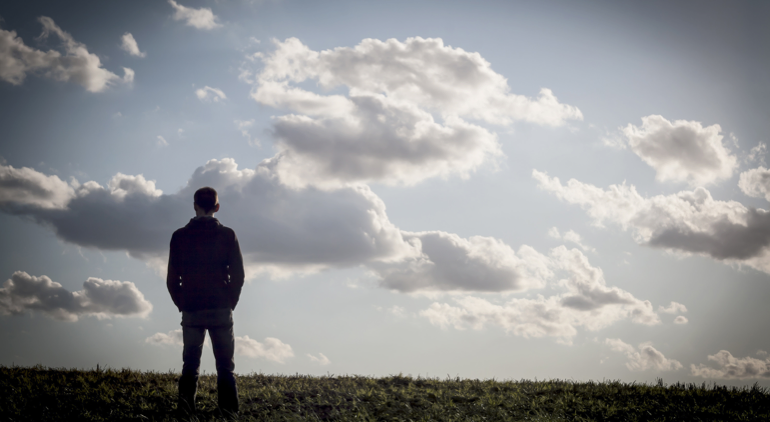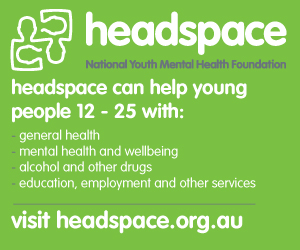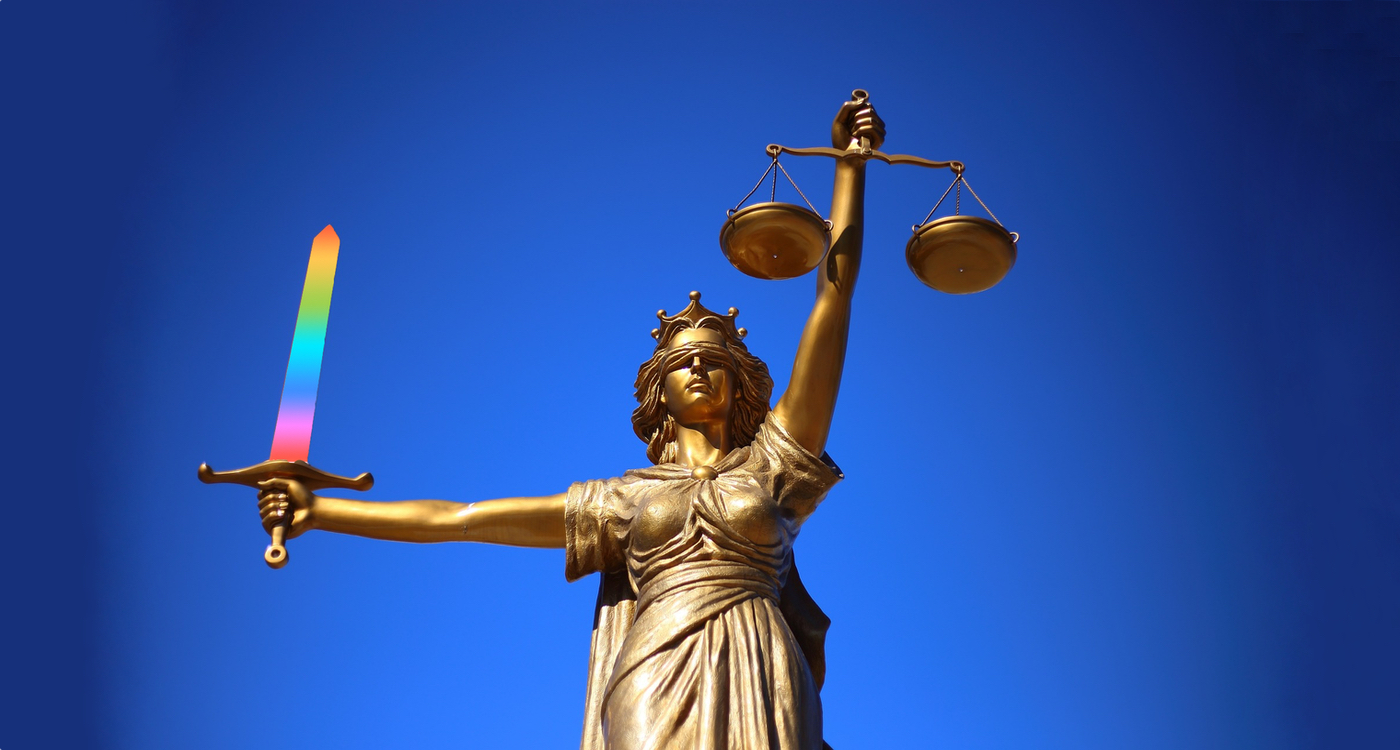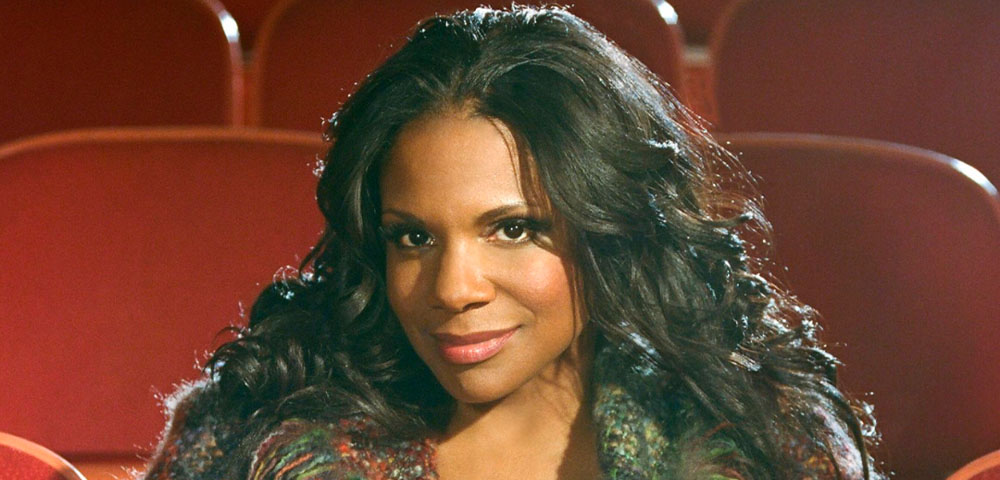
The awful truth about suicide

WHEN Daniel discovered his partner Matt was researching suicide methods, he made him see a GP who was then able to refer him to counselling and put him on antidepressants.
While the antidepressants worked for the first few years, Matt started to have ups and downs with his employment, which put him in a bad state.
“Being unemployed or losing a job or having trouble finding a job is difficult, even for someone in the most cheerful state of mine,” Daniel told Star Observer.
A few days before Mardi Gras in 2013, Matt dropped Daniel off at work. Several hours later Daniel received a phone call telling him that Matt had posted something suicidal on Facebook.
But by the time he had made it home, it was too late.
Daniel didn’t realise how depressed Matt was at the time, or how serious his state of mind was.
“I thought as long as he’s on his medication it would provide a safety net from plunging to absolute bottom,” he said.
“That’s what I was sort of hoping.”
One thing Daniel did find out was that Matt was upset that he couldn’t get excited about the lead up to Mardi Gras even though he felt like he should be.
Although Daniel doesn’t blame Mardi Gras, he does feel as though the expectations that some people have for gay men – especially in the festival season – to be fabulous all the time is not helpful.
“That you have to have a perfect body, be happy and chipper all the time – I don’t think that helps,” he said.
“I think we have expectations as a society – not just the gay community but the whole.
“When people ask ‘how are you?’, how many really want to know? I think a lot of people feel like, ‘I’m supposed to be happy, supposed to be gorgeous, and everyone is supposed to love me.’
“And if that’s not the case… if they’re dealing with depression on some level, I think it can be really brutal.”
People who identify as sexuality and/or gender diverse are at a higher risk of mental health and substance use compared to their heterosexual and cisgender peers.
Headspace head of clinical practice Vikki Ryall said the elevated risk of mental health concerns is due to the entrenched prejudice and discrimination.
“Headspace has spent a decade seeking to promote help seeking of LGBTI young people and building services alongside young people to ensure they are safe and effective,” she said.
Headspace has 95 centres across Australia, as well eheadspace – an online and telephone service.
The service provides early intervention mental health services to people aged 12 to 25.
For more information visit its website at headspace.org.au.










